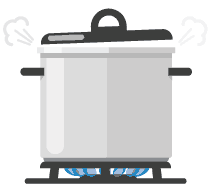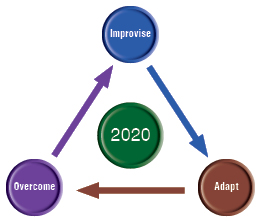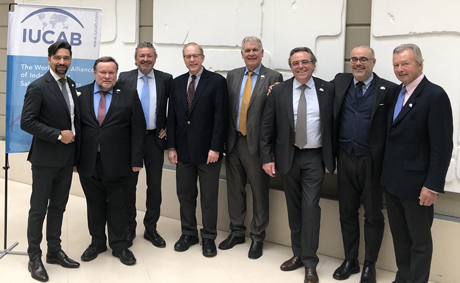The Most Revealing Question
By Charles CohonManufacturers’ representative firms have a lot in common with Olympic rowers. Just to qualify to compete, we have to be fast, agile and impressive performers.
But when it comes to line card profitability analysis, some of us forget what Olympic rowers know: To be winners, you have to regularly take the boat out of the water to clean and wax the bottom. And before the rowers get back in the boat, make sure that all of them still belong on the team.
Instead of doing regular maintenance, we just row harder. Instead of replacing weak line card performers, we just row harder.
Rowing harder instead of solving the problems that drag down your representative firm’s performance is not a solution. It’s a sure way to lose races. And losing isn’t what gets us up in the morning; it’s what keeps us up at night.
— Line Card Profitability Analysis Workbook
MANA’s Line Card Profitability Analysis Workbook is a tool that helps MANA rep members objectively evaluate how much of their time each principal deserves. It’s free to download in the member area of MANAonline.org.
The workbook helps reps objectively gauge how well each secondary line fits with the firm’s primary lines and whether the commission income from each line justifies each line’s time demands.
Objective analysis includes asking questions like:
- How well does this line complement the rep’s primary lines?
- Is this line a “door-opener?”
- Does this line have the potential to open new markets to my rep firm?
But recently, I realized that two more questions are needed to make this analysis complete:
- Is this a line that gets me out of bed in the morning, or is it a line that keeps me up at night?
- If I resigned this line tomorrow, would I feel regret or relief?
Regret or relief? The most revealing question you could ask, and one you should ask yourself at least annually.






























